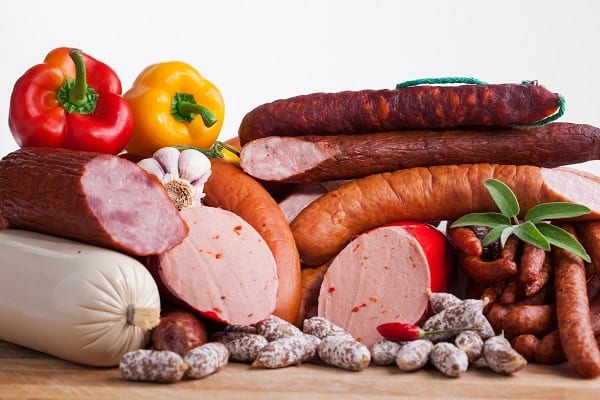South Africa’s recent listeriosis outbreak – the largest known outbreak of this foodborne illness in the world – was a blunt reminder that we cannot be complacent about food safety.
Listeriosis is caused by a common bacteria that lives in soil, water and vegetation. Normally health and safety standards ensure it does not pass into our food system, but unfortunately it can and does sometimes sneak through, occasionally with deadly effects. As of 12 March 2018, the National Institute for Communicable Diseases had confirmed 978 reported cases, including 183 mortalities.
And it’s not just Listeria that you need to worry about, when it comes to food safety. Salmonella, E. Coli and a host of other bacteria can make your event attendees very ill.
Andre Botha, a safety manager and consultant to Medguys (www.medguys.co.za), says, “Food Safety is very important at an event. The vendor or catering company has a legal obligation to comply with all food safety requirements.”
“It is illegal to sell any food without the correct permits and licencing,” he adds.
So what can you do as an event organiser, to prevent an unpleasant – or worse – food incident? Botha advises you always ensure the following:
- Food vendors have a food safety certificate from the local municipality, to either sell or prep food items at your event.
- Catering companies have the correct safety certification for their kitchens, to prep and serve food.
- Safe, clean water is available for food preparation.
- All vendors and catering companies have a suitable space to prepare and serve food from. For example, raw and cooked foods must be kept separately at all times, so sufficient space must be provided for them to do this.
- Adequate cold storage is available to transport and store perishable food items. And, where possible, avoid the preparation of food offsite, as potential delays and fluctuations in temperature during transportation can introduce greater risk of contamination.
- All food items served must be safe for consumption, as set out by the National Health Act No. 61 of 2003.
- A person qualified in food safety is involved throughout the event planning process.
And lastly, remember to also keep an eye on your food providers during the event, that they wash their hands regularly, wear gloves, use the correct serving utensils and keep their work environment sparkling clean. Basic food hygiene goes a long way towards food safety.
Medguys is one of the MICE Academy’s PPS unit strategic partners.







